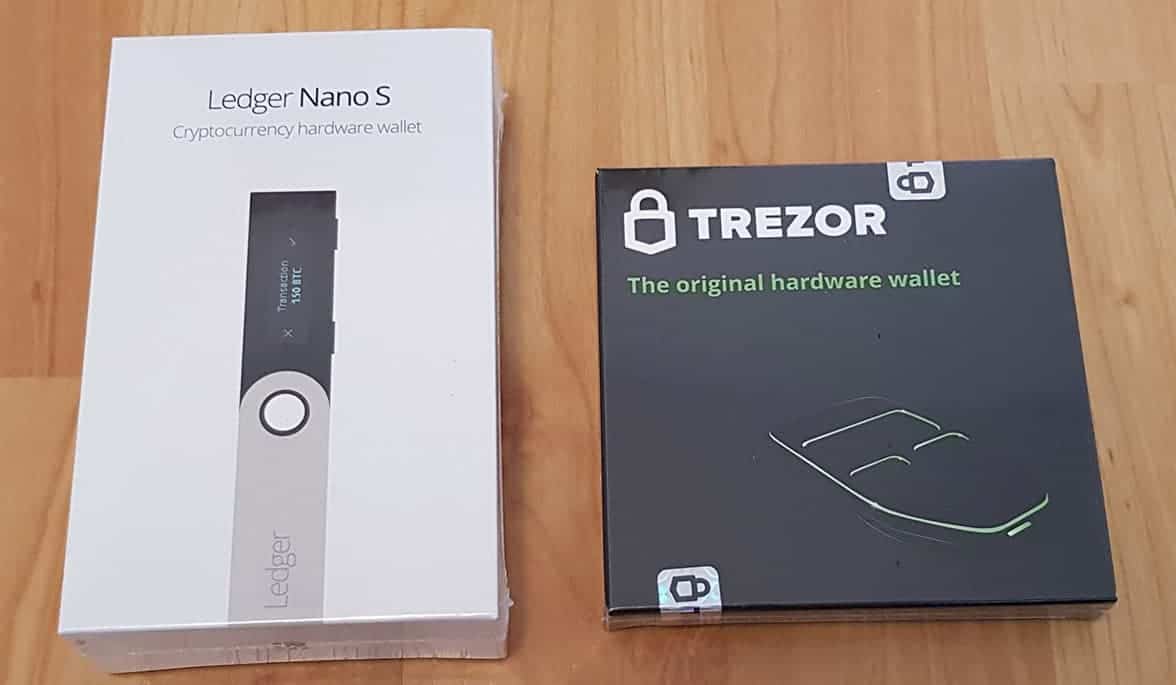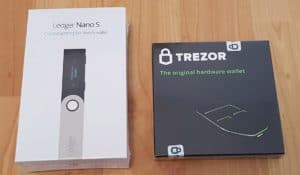Join Our Telegram channel to stay up to date on breaking news coverage
For all the potential it has shown, Bitcoin still has quite a long way to go before it gets accepted as a global digital currency. Among the many developments that experts have outlined, manufacturers of the asset’s hardware devices have also been tasked with doing better.
Troubles with Complex Transactions
Recently, James Lopp, the founder and Chief Technology Officer of crypto custody firm Casa, published a test result on Bitcoin multisig wallets. In a nutshell, the report outlined that Bitcoin hardware devices are well-equipped to handle small transactions but crumble when tasked with larger, more complex transactions.
Casa’s infrastructure runs on geographically distributed multisig and dedicated hardware devices. The devices help to store client keys, manage user experiences, and run client services. As Lopp explained, the firm doesn’t control its hardware devices. However, they provide support for the devices nonetheless.
He eventually decided to run tests to draw conclusions and help multisig software providers to understand hardware wallet software limits. To do this, he set up a test using the Electrum 4.0.2 appimage on Debian Linux and created different P2WSH multisig wallets that use Bitcoin’s testnet. He plugged different devices via USB and deposited 100 UTXO tokens in each wallet.
The CTO then created different tests to determine the hardware wallets’ capabilities. He repeated the tests, concluding that hardware wallets will be more secure if they can show progress indicators for loading and signing.
“I came to really dislike hardware devices that don’t show progress indicators for loading and signing. As such, I highly prefer Coldcard and Trezor in this respect. BitBox and Ledger are anxiety-inducing because you have no idea if anything is actually happening,” he said.
Lopp also suggested that wallets could break up a transaction into smaller bits. This way, they can overcome the transaction size limitation and transaction time delay problems. He noted that some devices lock themselves from inactivity when transactions take too long to process. To remedy this, he suggested that manufacturers could at least disable the screen timeout feature while their devices are still working on transactions.
He concluded saying, “I believe it’s time for hardware manufacturers to start acting like platform providers and ensure that they are providing robust platforms that can be used to build a wide variety of solutions.”
Bitcoin Under Pressure
Transaction efficiency has become one of Bitcoin’s top pain points over the years. An influx of users has weighed on the network, and transactions have become more expensive and less spontaneous. Data from Statista shows that an average Bitcoin transaction gets completed in 9.4 minutes. For retail transactions and others, this is just too slow.
The recent remark made concerning Bitcoin’s need for improvement came from Jack Dorsey, the founder of Twitter and Square, and a noted Bitcoin proponent. Speaking with Reuters last week, Dorsey explained that Bitcoin is still the forerunner as far as native internet currencies go. However, the tech mogul also pointed out that the asset will need to be faster and cheaper for people. Otherwise, it won’t meet its potential for being a truly global currency.
Join Our Telegram channel to stay up to date on breaking news coverage


